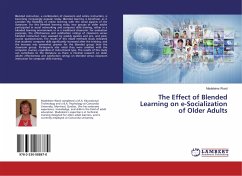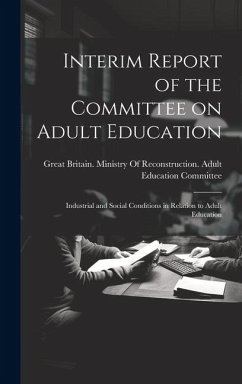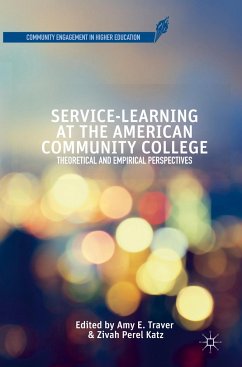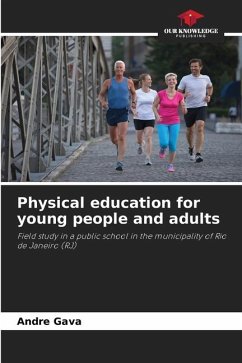
(Un)favourable conditions from the perspective of German learners
How do adult migrants cope with the challenges of learning German? A study in the living environment of Vienna
Versandkostenfrei!
Versandfertig in 6-10 Tagen
27,99 €
inkl. MwSt.

PAYBACK Punkte
14 °P sammeln!
The aim of this book was to use qualitative research to identify social and family conditions that influence the acquisition of German. Three hypotheses of second language acquisition, selected factors that influence second language acquisition, and the types of capital constructed by Bourdieu were examined in more detail. The interviews conducted confirmed that economic capital plays a significant role in German language acquisition. Those participants who had very modest economic capital were unable to afford an apartment for a long period of time where they could devote themselves to learni...
The aim of this book was to use qualitative research to identify social and family conditions that influence the acquisition of German. Three hypotheses of second language acquisition, selected factors that influence second language acquisition, and the types of capital constructed by Bourdieu were examined in more detail. The interviews conducted confirmed that economic capital plays a significant role in German language acquisition. Those participants who had very modest economic capital were unable to afford an apartment for a long period of time where they could devote themselves to learning German without distractions. The empirical study was conducted using grounded theory. Through open and axial coding, important categories were identified, such as social capital and the aforementioned economic capital. These interact with and complement each other. The key category refers to family and friendship support as the basic prerequisite for successful second language acquisition.












